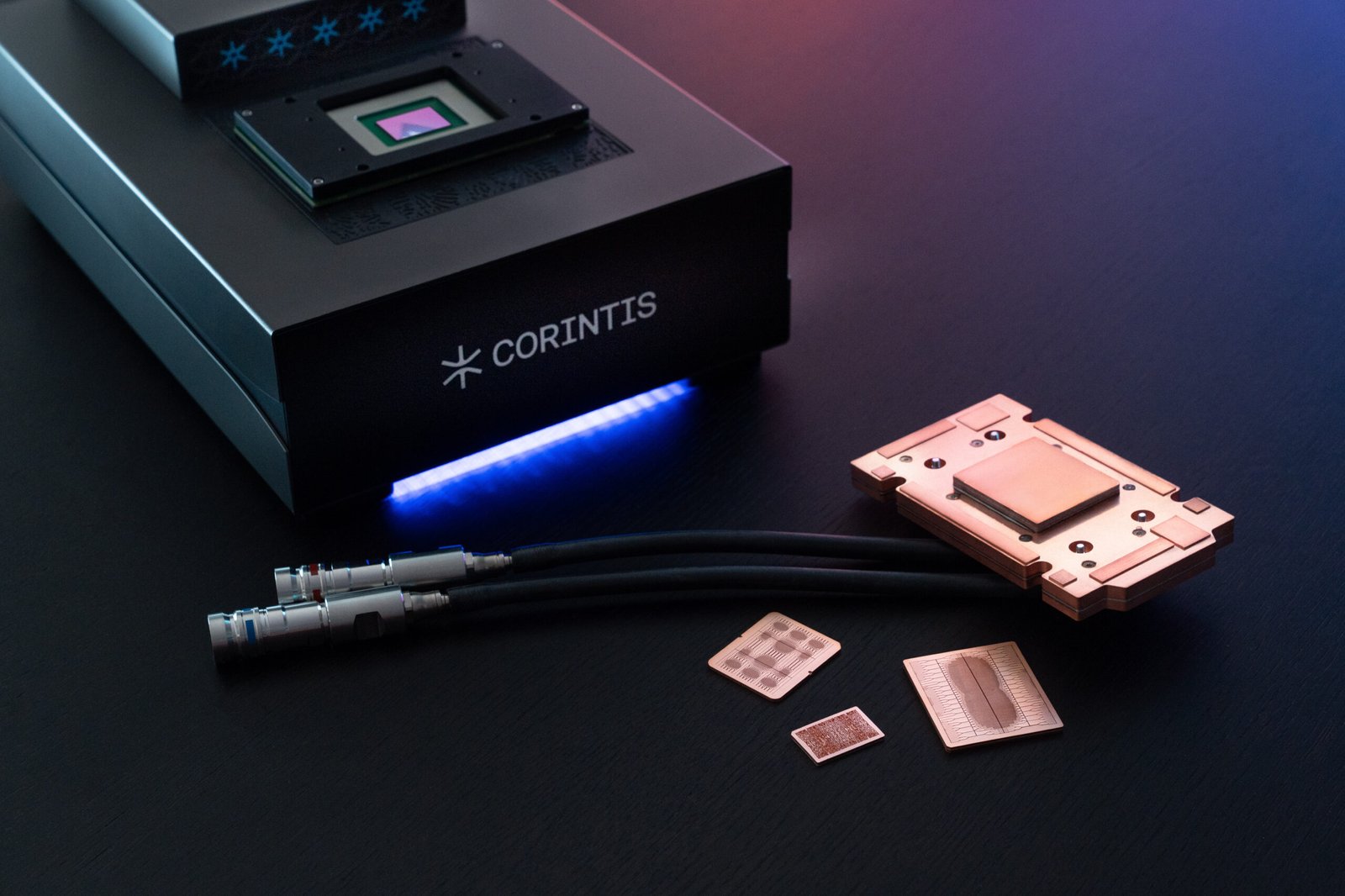Corintis raises $24-M to push microfluidic cooling for next-gen AI chips

AI’s growth has hit a wall: heat. With new processors consuming up to 10 times more power than GPUs used only a few years ago, cooling has become one of the industry’s biggest obstacles. Corintis, a semiconductor cooling startup spun out of EPFL in Switzerland, announced Thursday it has raised $24 million in Series A funding to scale its microfluidic cooling systems.
The round, led by BlueYard Capital with participation from Founderful, Acequia Capital, Celsius Industries, and XTX Ventures, brings Corintis’ total funding to $33.4 million. The company also revealed it will expand operations with new U.S. offices and an engineering hub in Munich.
Industry veteran Lip-Bu Tan, chairman of Walden International and incoming Intel CEO, has joined the board, alongside Geoff Lyon, former CEO of CoolIT. Their appointments underline Corintis’ ambition to bridge chip design and cooling innovation.
Microsoft partnership highlights breakthrough
Corintis already works with several U.S. tech giants, including Microsoft, which recently announced a breakthrough in in-chip cooling achieved in partnership with the startup. Tests showed microfluidic cooling removed heat three times more efficiently than today’s most advanced liquid systems.
“This thermal margin translates to more performance and unlocks new 3D chip architectures that were previously impossible,” said Husam Alissa, Microsoft’s director of systems technology in Cloud Operations and Innovation.
Corintis’ platform combines software-driven design with advanced copper manufacturing to deliver customized cold plates with microscopic channels. Its Glacierware software automates cooling designs, while the Therminator system allows chipmakers to validate cooling performance on silicon test chips before production.
Cooling as a design feature, not an afterthought
CEO Remco van Erp said microfluidics is essential for the future of compute. “Every chip is unique, like a city with billions of transistors. Traditional cooling isn’t adapted to this complexity. Microfluidic channels guide coolant to critical regions, enabling performance that today’s systems can’t sustain,” he said.
The company has already shipped more than 10,000 systems and generated eight-digit revenue. With its workforce set to grow from 55 to over 70 by year-end, Corintis aims to reach manufacturing capacity of over one million microfluidic cold plates annually by 2026.
“AI’s insatiable demand for compute is pushing chips to unprecedented power densities,” said David Byrd, general partner at BlueYard Capital. “Corintis is unlocking the next wave of performance by making cooling a design feature, not an afterthought.”



